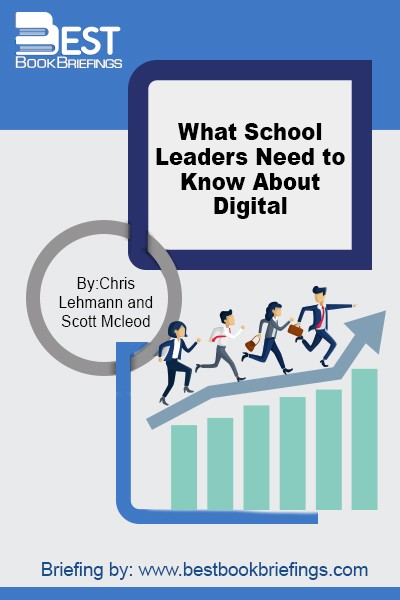What School Leaders Need to Know About Digital Technologies and Social Media
Number of pages: 224
Publisher: Jossey-Bass
BBB Library: Education, Technology and Globalization
ISBN: 978-1118022245
Editorial Review
There is near-universal agreement that schools must find ways to transform older teaching practices in order to harness the tools that students have at their disposal today. This book introduces you to many of the most useful tools and concepts for an education setting so that you can decide, along with teachers and students and parents, which ones make the most sense for your school. Whether it is the expansion of social networking technologies, the power of digital media creation tools, or the ability to publish to the world instantly, our students and teachers have access to more information than ever before. We all now have the unprecedented ability to create powerful artifacts of learning. It is an exciting time to be a teacher and a learner.
Book Reviews
Books on Related Topics
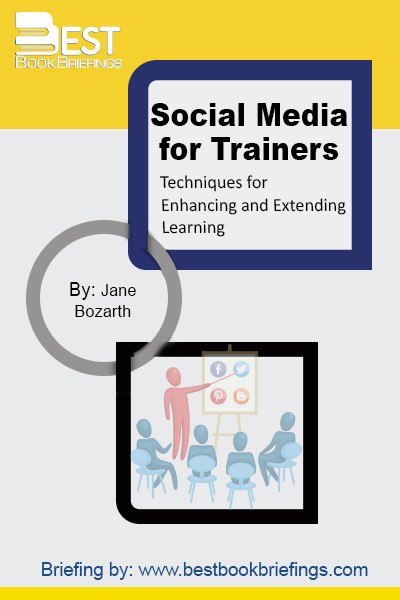
New social media technologies and strategies provide quick, easy solutions to many of the challenges faced by workplace training practitioners. Social media vehicles such as Twitter and Facebook, for example, can help trainers build learning communities, facilitate quick assignments, offer updates or follow-up tips, and otherwise extend the reach of the
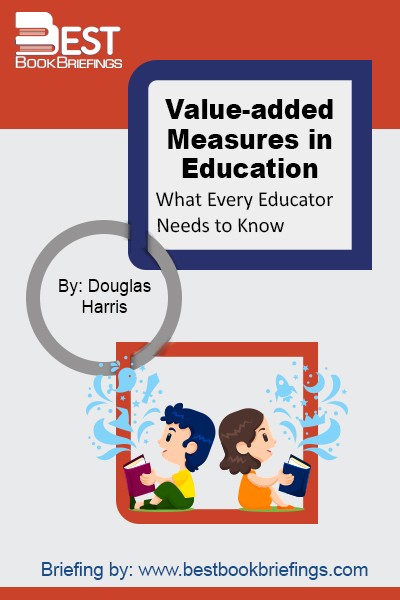
In Value-Added Measures in Education, economist and education researcher Douglas N. Harris takes on one of the most hotly debated topics in education. Drawing on his extensive work with schools and districts, he sets out to help educators and policy makers understand this innovative approach to assessment. Written in straightforward language
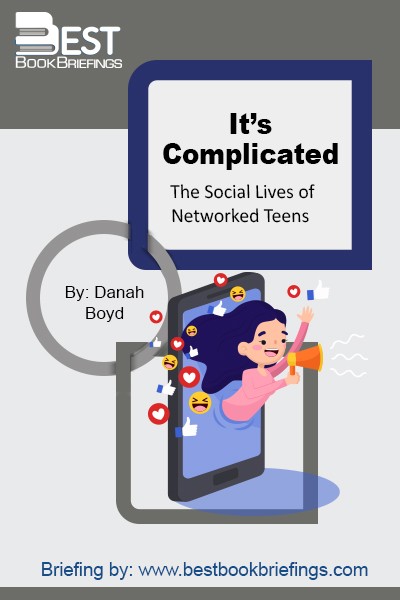
What is new about how teenagers communicate through services such as Facebook, Twitter, and Instagram? Do social media affect the quality of teens’ lives? In this eye-opening book, youth culture and technology expert danah boyd uncovers some of the major myths regarding teens' use of social media. She explores tropes about
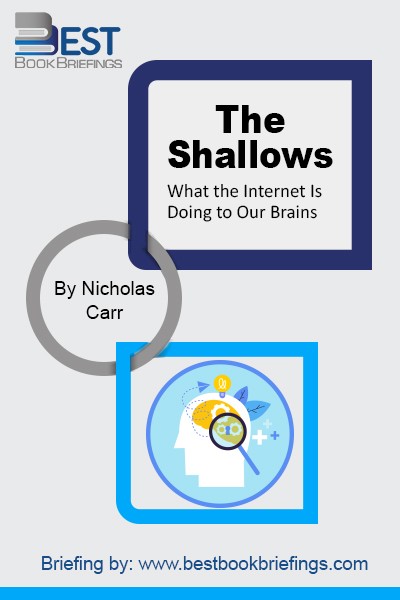
With The Shallows, a finalist for the 2011 Pulitzer Prize in nonfiction and a New York Times bestseller, Carr expands his argument into the most compelling exploration of the net’s intellectual and cultural consequences yet published. The Shallows is, writes Slate, “a Silent Spring for the literary mind.”

This book is filled with the magic, the successes, the heartbreaks, the mistakes, and the triumphs that are the Ron Clark Academy. These are the 101 most successful strategies we have used to help uplift our children and enliven our classrooms. My hope is that you will find ideas here that
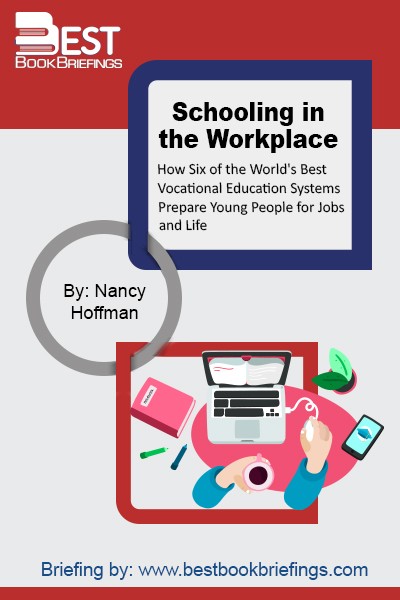
Across the developed countries today, educators, policy makers, and economists recognize that the new “knowledge economy” demands new and higher levels of skills than the twentieth-century high school or upper secondary school provided. Young people with aspirations to white-collar, “middle-skill” jobs in high-growth areas such as health care, high tech, engineering,

Copyright conversations have become like a battleground between two worldviews. One is that of the mass-media corporations fighting for control of what they understand to be their enclosed garden, generating fruit to be sold on the harvested bushel. They have pushed for and won long and strong copyright – copyright policies

Provocatively titled, Disrupting Class is just what America's K-12 education system needs--a well thought-through proposal for using technology to better serve students and bring our schools into the 21st Century. Unlike so many education 'reforms, ' this is not small-bore stuff. For that reason alone, it's likely to be resisted by defenders
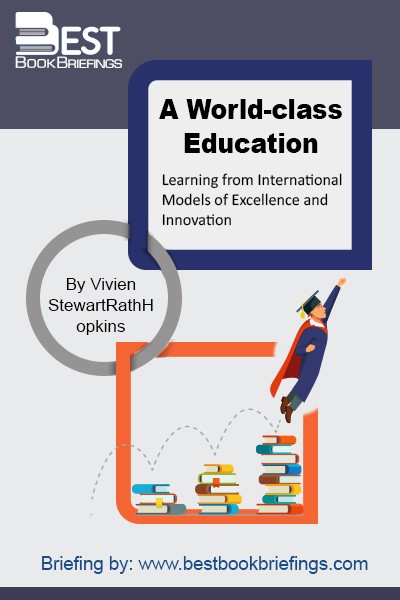
Globalization poses challenges for everyone. Every education system in the world struggles to some degree to keep up with the rapid pace of change. And countries face many similar challenges. For example, widespread internal and international migration have created more heterogeneous societies everywhere, placing new demands on educators as they respond

Over the course of the past ten years, the field of artificial intelligence has seen a revolutionary amount of progress. A steadily increasing number of practical applications are already changing the world today. In the field of medicine, diagnostic AI applications are capable of matching or even surpassing the best doctors in the world. One

